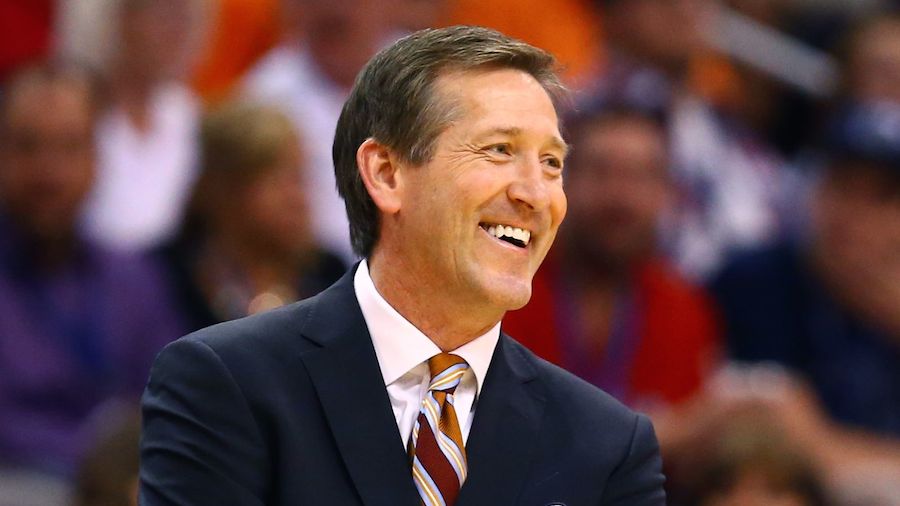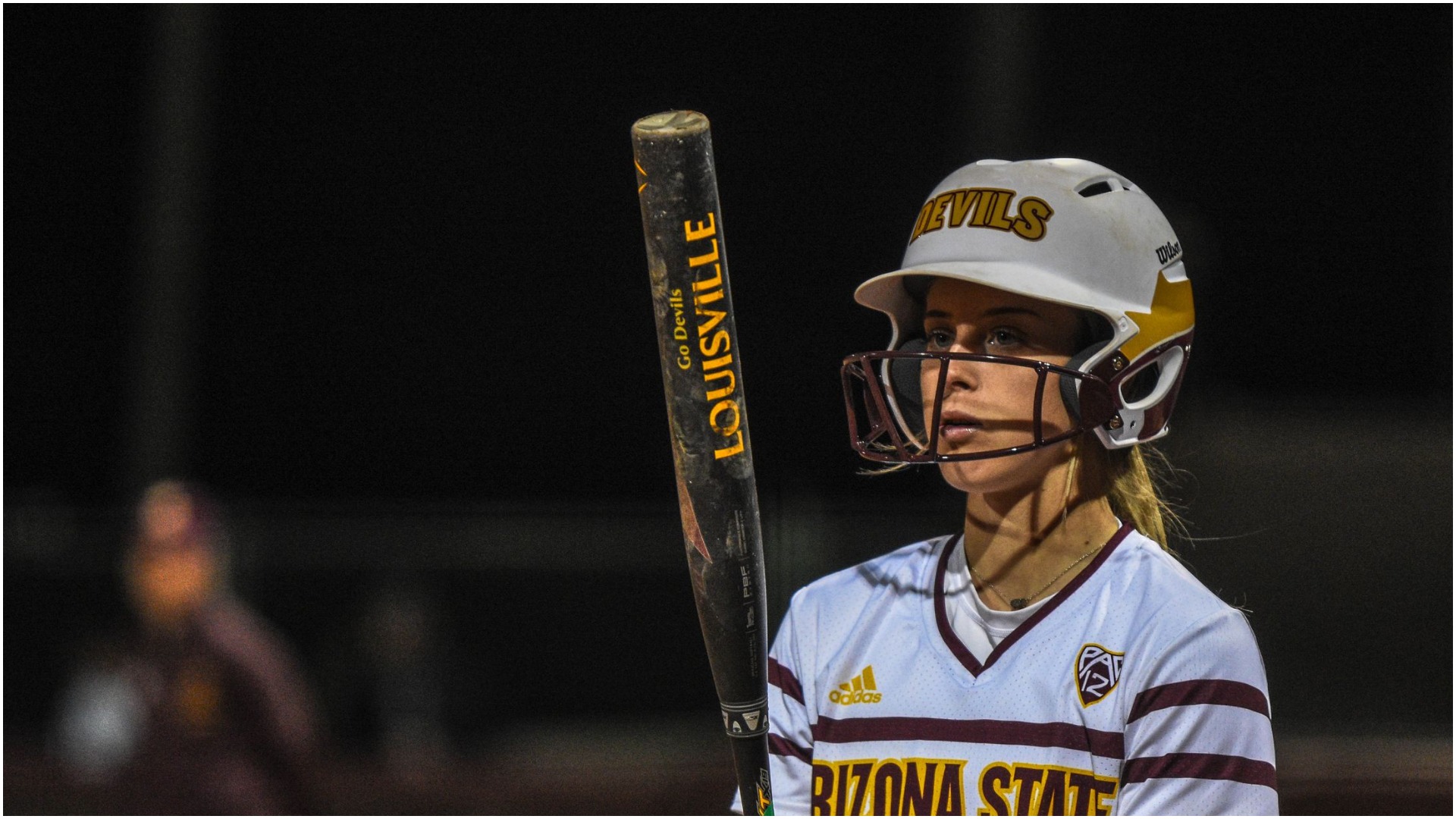The Virginia G. Piper Sports and Fitness Center for Persons with Disabilities supports and facilitates both wheelchair and amputee sports leagues for Valley residents. The latest addition to the gym is wheelchair lacrosse, as a clinic was held to introduce the sport to the Valley earlier this month.
For two days, the gym rang out with sounds of chairs battering together, the thud of errant shots hitting the bleachers behind the goal, and the sight of players who picked up sticks for the first time learn the nuances of the game.
The sport was introduced by Ryan Baker and Bill Lundstrom, who run Wheelchair Lacrosse USA, a non-profit organization based out of San Diego that travels around North America to teach the basics of the sport and provide resources for gyms to create their own teams.
The idea came to them back in 2009. The duo wanted to see if the sport could translate to athletes in wheelchairs with the thought being if athletes could maneuver their chairs while handling a racquet in tennis, the same could apply with lacrosse.
What was just an idea five years ago has sprung into 17 communities forming teams across North America. Wheelchair USA will also host it’s first tournament in Maryland this August.
“It’s actually an able-bodied lacrosse tournament, but the tournament directors have created a wheelchair division for us. And they have a indoor venue that’s a nice rink for us to compete in, and it’s working out wonderfully,” Baker said.
Wheelchair lacrosse is played with eight people on each team, and two players must remain in the offensive half and three in the defensive half at all times to help limit and offsides scenario.
Over two days, participants learned the rules and developed their skill-sets through drills and scrimmages. When the clinic was over, the group was full of converts.
“I would love to get lacrosse down here. I would probably come down a lot more if we added it,” wheelchair lacrosse player Andrew Bogdanov said.
Bogdanov is a student at Northern Arizona University’s Prescott campus who injured his neck last year in a snowboarding accident. During his rehab, he picked up sports like hand cycling, and biked 264 miles to Mexico for a service trip just last March. Wheelchair lacrosse is next on his list.
“I played around with it a little before my injury, but this is my first time out here in a wheelchair,” he said. “It’s getting used to pushing with the lacrosse stick and trying to maneuver and everything. Every minute I’m playing, I’m picking up a little bit more and getting better.”
The hope is after clinics like these, the interest will increase in the Valley and Arizona can form a travel team with a home base at the Virginia G. Piper Sports and Fitness Center.
SpoFit already is a training ground for multiple Paralympic teams and athletes, as well as housing national powers like the Phoenix Banner Wheelchair Suns basketball team and the SpoFit Heat quad rugby team. The facility has also introduced amputee basketball in their programming and hosted a 3-on-3 tournament this past month that brought in teams from around the country.
“The accessibility, the opportunity that exists here in this building through the programs that they offer and the fact that everything in the building is accessible, it’s just really unbelievable,” Baker said.
“Being able to do (a clinic) in a place like this, with the gym space and how they have things set up, has us really psyched. I think the group here because of the facility will really be able to thrive.”
Baker found himself in a wheelchair after a suffering a spinal injury from a car accident where he was a sleeping passenger. He knows the role sports can play in the rehab process, not only physically but in a community-building sense as well.
“After I got out of rehab in San Diego, I went ahead and moved to Colorado and tried to re-assimilate and recover and a lot of that came from being in programs like this: learning about the injury and how to survive and cope, and deal with it, and not just live but really be alive.”
To Baker and Lundstrom, the importance of getting people active casts a much wider shadow than that of playing specifically lacrosse.
“I want people to play lacrosse, right? Of course because it’s what we’re doing. But at the end of the day, it’s really about getting off your butt and going to do something.”
For more information on the sport, visit http://www.wheelchairlacrosse.com/




